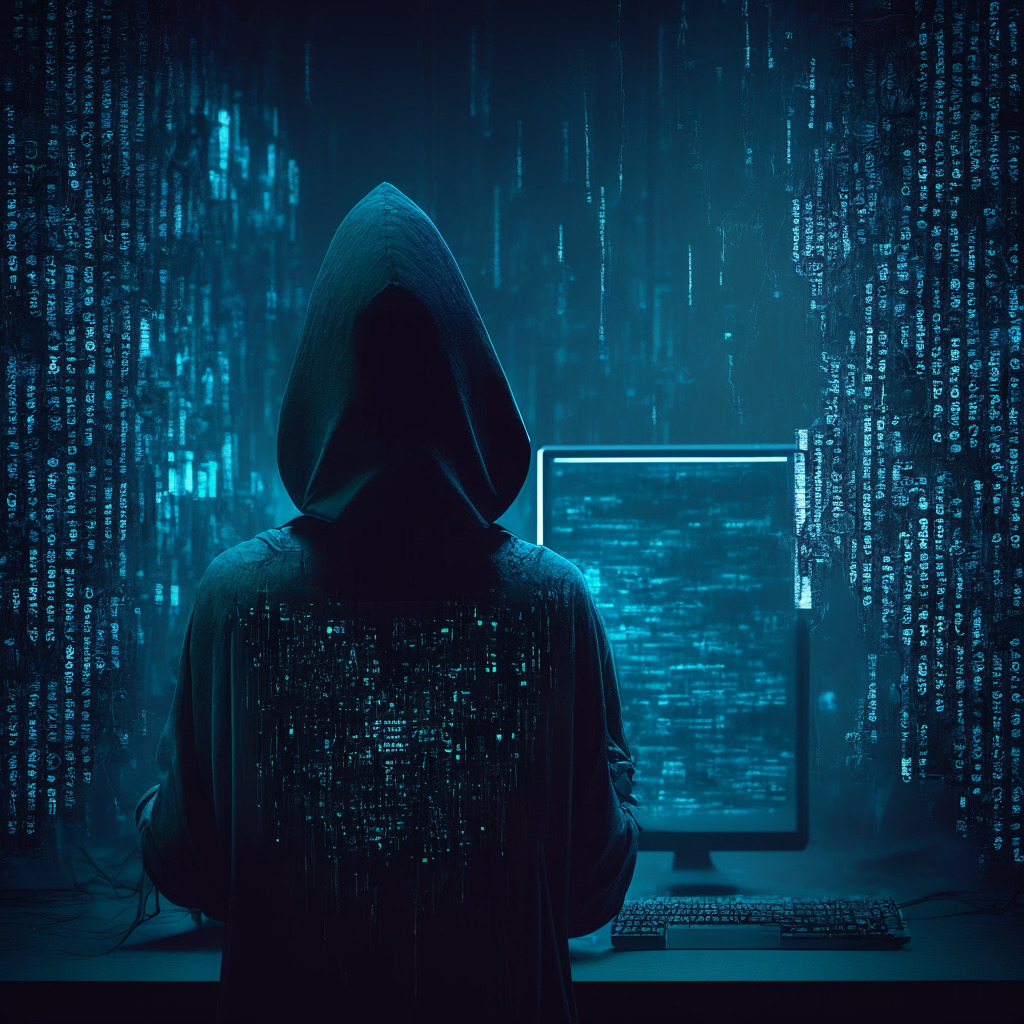In recent news, it has come to light that over 100,000 login credentials to the popular AI chatbot, ChatGPT, have been leaked and traded on the dark web. A Singaporean cybersecurity firm, Group-IB, revealed that these compromised logins were found in the logs of “info-stealing malware”. The Asia-Pacific region had the highest number of compromised logins, constituting around 40% of the leaked credentials. India-based credentials took the top spot overall, followed by the United States.
The scale of this data breach is staggering, and it raises concerns around the security of users and companies who utilize ChatGPT or similar AI platforms. The cybersecurity firm has noted an uptick in the number of employees using ChatGPT for work-related purposes, leading to confidential information about companies being potentially exposed to unauthorized users. User queries and chat history are stored by default, meaning that cybercriminals who obtained these logins could exploit this information to target companies or individual employees.
On the flip side, AI chatbots like ChatGPT have revolutionized the way we communicate and work. The technology has undeniable benefits, assisting in tasks ranging from streamlining customer support to writing content and much more. In fact, the press release acknowledging the data breach was written with the help of ChatGPT itself.
But is the convenience that AI chatbots provide worth the potential risk to users and businesses? While the technology has vast potential for improving the way we interact and work, it also amplifies the stakes in the battle against cybercrime. As user adoption grows and confidential information is increasingly entrusted to AI platforms, the need for stronger security measures becomes paramount.
The data breach only serves as a reminder of the need for both companies and users to prioritize security. According to the cybersecurity firm, users of ChatGPT should regularly update passwords, enable two-factor authentication, and be cautious about the sensitivity of the information shared through these platforms.
In conclusion, the ChatGPT data breach underscores a wider issue of trust in the rapidly evolving world of AI and technology. With the potential for both great benefits and significant risks, it is imperative that we strike a balance between embracing the convenience of AI chatbots and prioritizing security. As the world becomes more reliant on these technologies, creating systems and practices that ensure a safer digital landscape must be a joint effort between developers, companies, and users alike.
Source: Cointelegraph




